
Important News for Everyone Who Loves a Daytime Nap

We often assume that sleep only “belongs” to the night. Yet, the truth is that humans are naturally designed to rest in short intervals throughout the day—just like many animals that nap in small bursts to stay alert and energized.
Modern life may have trained us to power through the afternoon slump, but our biology still whispers the same message: a little daytime rest can make a big difference.
So, if you occasionally sneak in a nap, you’re not being lazy—you’re giving your mind and body exactly what they need. Research consistently shows that even a 20-minute nap can unlock remarkable mental, emotional, and physical benefits.
1. A Nap Can Instantly Lift Your Mood
When you sleep, your brain releases serotonin, often called the “happiness chemical.” Even a quick nap can:
-
Restore emotional balance
-
Reduce irritability and stress
-
Leave you feeling calmer, lighter, and more optimistic
Think of it as pressing the reset button for your emotions. Just a few minutes of shut-eye can help you return to your day with a renewed sense of patience and positivity.
2. Napping Improves Learning and Focus
Ever feel mentally foggy after hours of studying or working? That’s your brain’s signal that it needs a break.
Scientific studies reveal that:
-
A 30-minute nap boosts alertness, accuracy, and attention.
-
A 60-minute nap enhances problem-solving and long-term memory.
And here’s the best part: a short nap won’t leave you groggy. If you keep it under half an hour, you’ll wake up refreshed and ready to focus again—no caffeine required.
3. Daytime Sleep = Sharper Alertness
NASA once studied pilots who took a 40-minute nap and found their alertness improved by up to 100%. That’s not a typo—double the focus, simply from resting mid-flight.
Now, compare that to coffee:
-
A 20-minute nap can provide a similar energy surge to a strong cup of coffee—without the jittery crash afterward.
-
Plus, naps help your brain recover naturally, rather than pushing it with stimulants.
4. Naps Can Supercharge Your Creativity
Some of history’s most inventive minds—Leonardo da Vinci, Thomas Edison, and Salvador Dalí—were famous for their strategic naps. They believed short bursts of rest unlocked creativity and insight, and science now supports their intuition.
A nap gives your brain space to:
-
Refresh its creative centers
-
Strengthen connections between ideas
-
Encourage “out-of-the-box” thinking
After a nap, many people report sudden clarity or new solutions to problems that felt impossible before.
5. Nap Time Strengthens Your Memory
Memory isn’t just about what you learn—it’s about how your brain stores and organizes information afterward. During naps, your brain converts short-term memories into long-term ones, a process known as memory consolidation.
That means you don’t just feel more focused—you actually retain what you learn more effectively. For students, professionals, or anyone mastering a new skill, this makes naps a true performance enhancer.
6. Naps Sharpen Your Senses
Many nap lovers say that after resting, colors look brighter, sounds are crisper, and food tastes better. That’s not your imagination—your brain processes sensory input more efficiently after a brief period of rest.
In other words, a nap doesn’t just wake you up—it fine-tunes your entire sensory experience.
7. Napping Supports Physical Health
When you’re constantly sleep-deprived, your body releases cortisol, the stress hormone that weakens immunity, raises blood pressure, and slows recovery.
But during a nap, your body:
-
Releases growth hormones that repair tissues and muscles
-
Reduces cortisol levels
-
Boosts your immune system and overall resilience
Regular naps can even contribute to heart health, lower stress-related inflammation, and help stabilize your metabolism.
So, How Long Should You Nap?
| Nap Duration | Key Benefits | Best For |
|---|---|---|
| 10–20 min | Quick energy boost, mental refresh | Midday slump |
| 30–45 min | Improved focus, memory, and attention | Brain fatigue |
| 60–90 min | Deep cognitive recovery and REM sleep | Creative work, problem-solving, or physical recovery |
💡 Pro Tip: Aim to nap between 1–3 PM—your natural circadian rhythm dips then, so it won’t interfere with your nighttime sleep.
The Bottom Line
If you’ve ever felt guilty for napping, it’s time to change that mindset. Far from being a sign of laziness, a short nap is one of the most natural, efficient ways to recharge your brain and body.
Whether it’s 15 minutes or a full hour, taking time to rest can:
-
Lift your mood
-
Boost memory and creativity
-
Enhance focus and alertness
-
Support long-term physical health
So the next time you hit an afternoon slump, don’t reach for another cup of coffee. Close your eyes instead.
Your brain—and your future self—will thank you.
News in the same category


Preventing Stroke At Any Age: 3 “Don’ts” After Meals—And 4 “Don’ts” Before Bed

Stop using these bottles and containers for food storage

10 Foods You Should Never Eat on an Empty Stomach
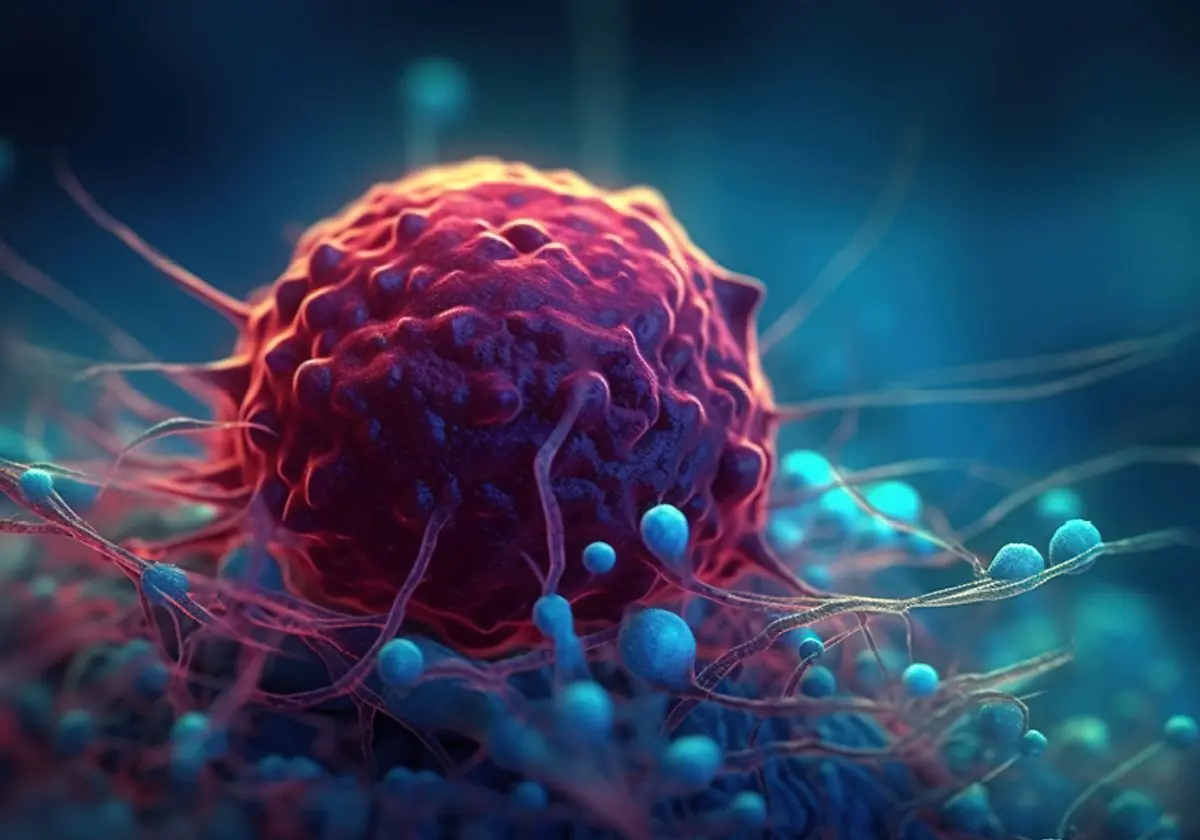
4 Types of Itching That May Signal Can.cer Cells Are “Eating Away” at the Body

25-Year-Old Groom Dies from Acute Liver Failure After Eating Chicken
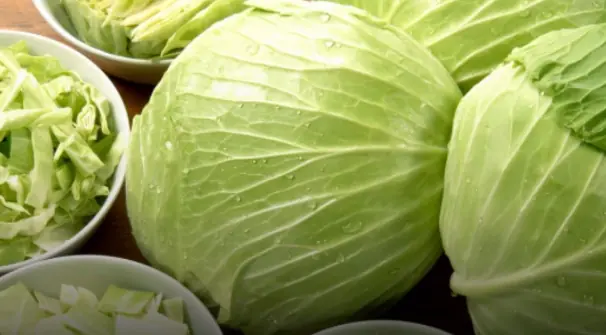
4 types of people who should avoid eating cabbage
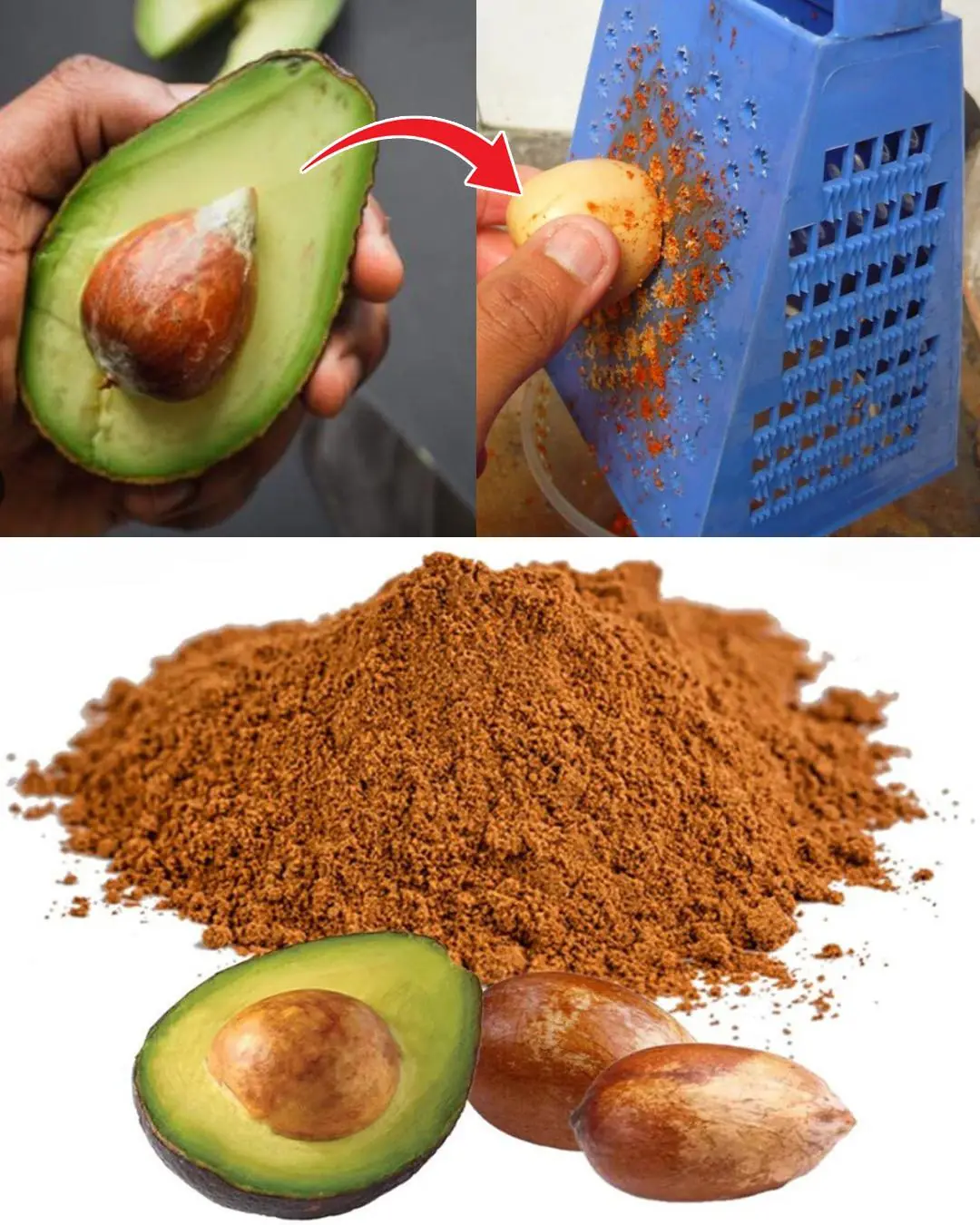
Don’t throw away avocado pits

Spotting this plant in your garden is like discovering hidden gold — whatever you do, don’t throw it away!
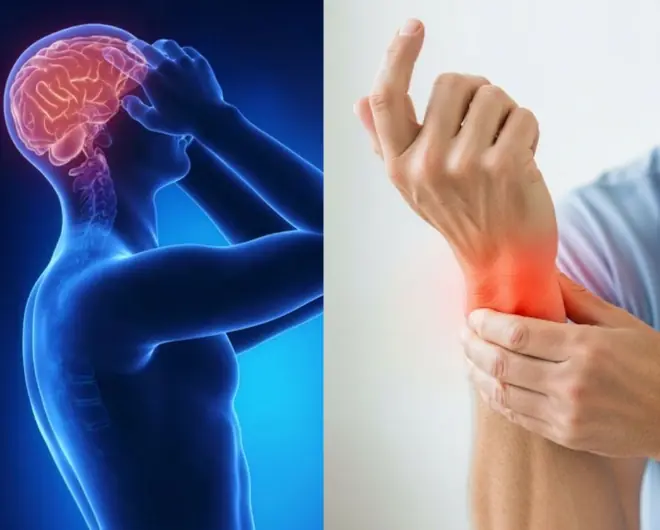
Recognizing mini-str.oke symptoms: A crucial step in str.oke prevention

My MIL Clogged Our Only Toilet During Thanksgiving Dinner, Then Left Without Saying a Word – So on Christmas I Taught Her a Lesson
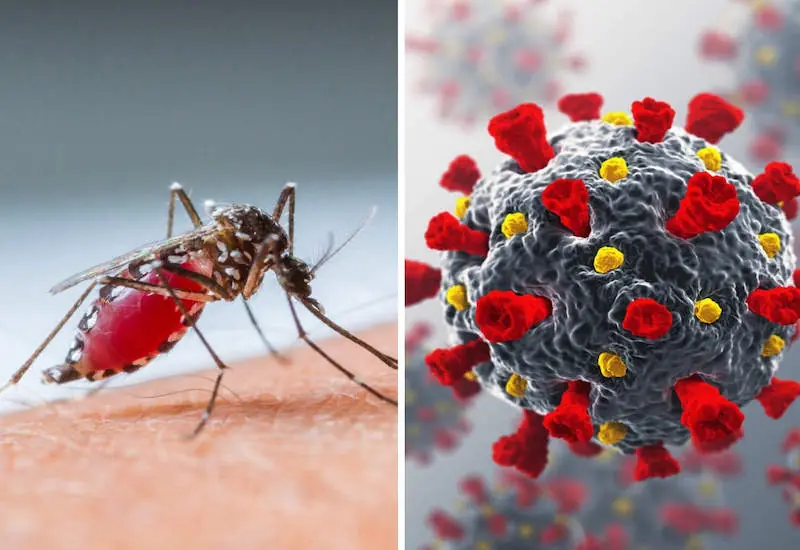
7 Foods You Must Avoid When You Have Dengue Fever

4 Dishwashing Habits Everyone Should Stop Immediately!
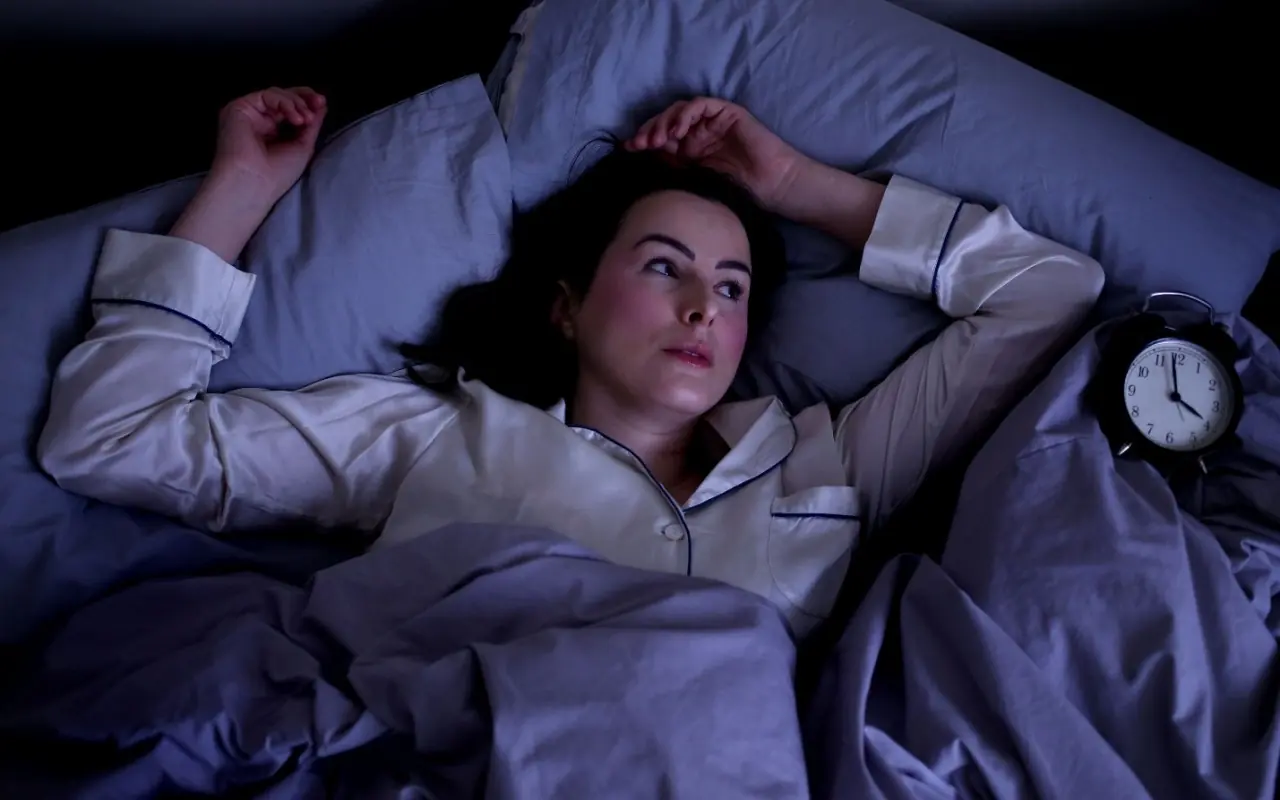
These 3 Nighttime Signs Reveal Your Kid.neys Are in Danger!

The Vegetable That Helps Reduce Sugar in The Body. It is Diabetes’ Strong Opponent
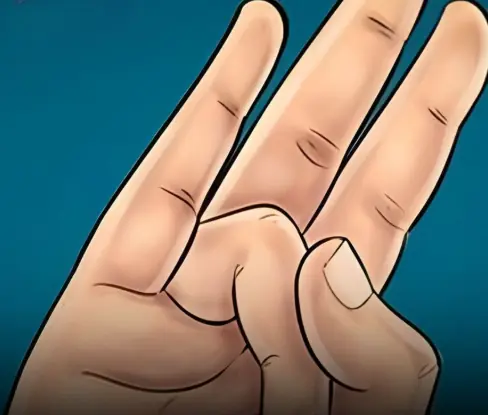
The Power of Gyan Mudra: Benefits and How to Practice It
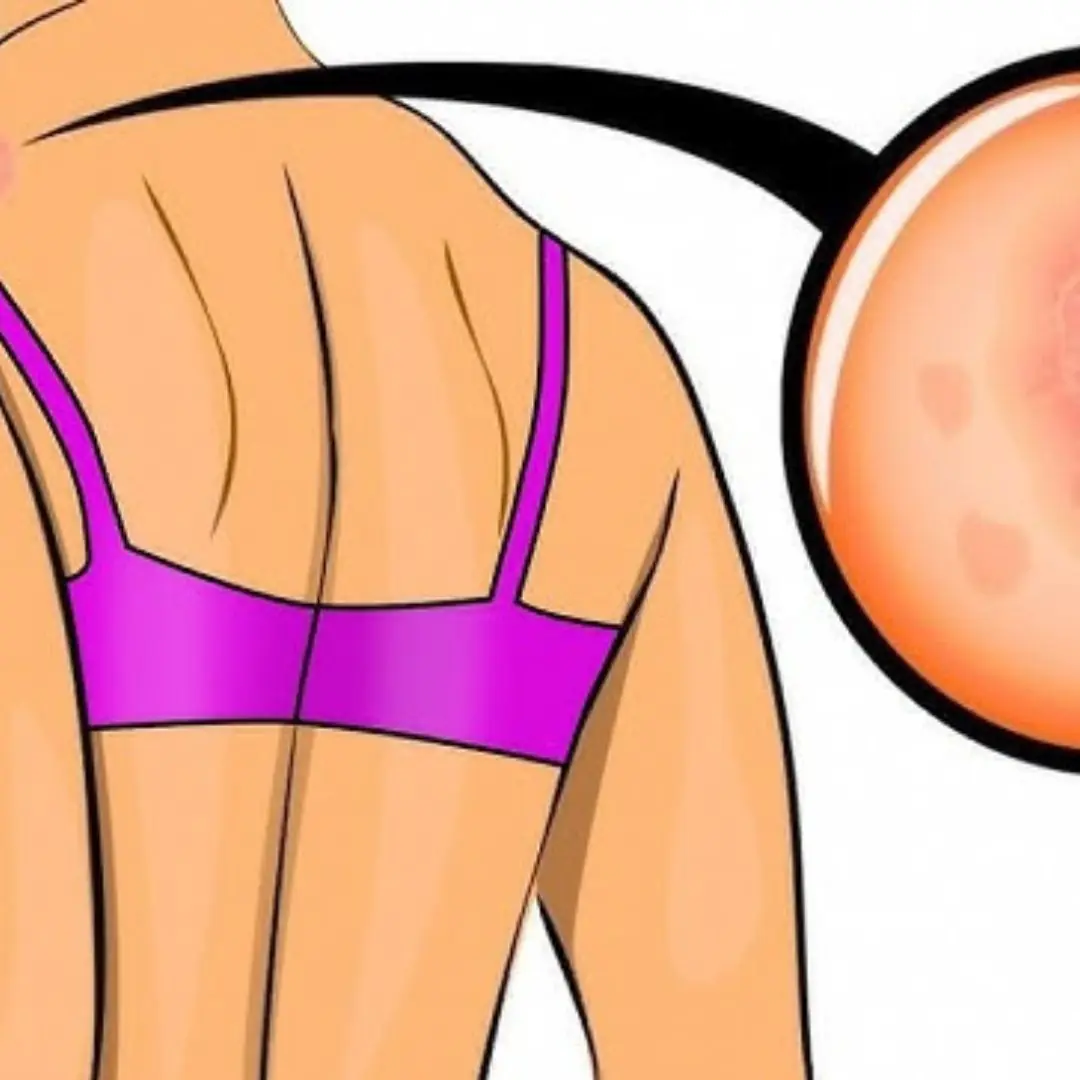
7 Warnings Your Body Gives You When You’re Too Stressed

Fish is very good for your health, but absolutely do not eat it like this: It can easily cause cancer, many people still get it.

Waking Up at Night to Drink Water, a 59-Year-Old Man Di.ed Five Days Late
News Post

Add One Small Step to Keep It Fresh and Sweet for a Whole Year

A 62-Year-Old Man Developed Col.on Can.cer Due to 3 “Har.mless” Daily Habits That Many People Have

Preventing Stroke At Any Age: 3 “Don’ts” After Meals—And 4 “Don’ts” Before Bed

Stop using these bottles and containers for food storage

A Biker Showed Up At My Wife’s Grave Every Week And I Had No Idea Who He Was

Melania Trump’s Unwavering Support: Why She Remains With Donald Despite Everything

The doctor saw a man who d.i.ed years ago lying on the operating table

10 Foods You Should Never Eat on an Empty Stomach
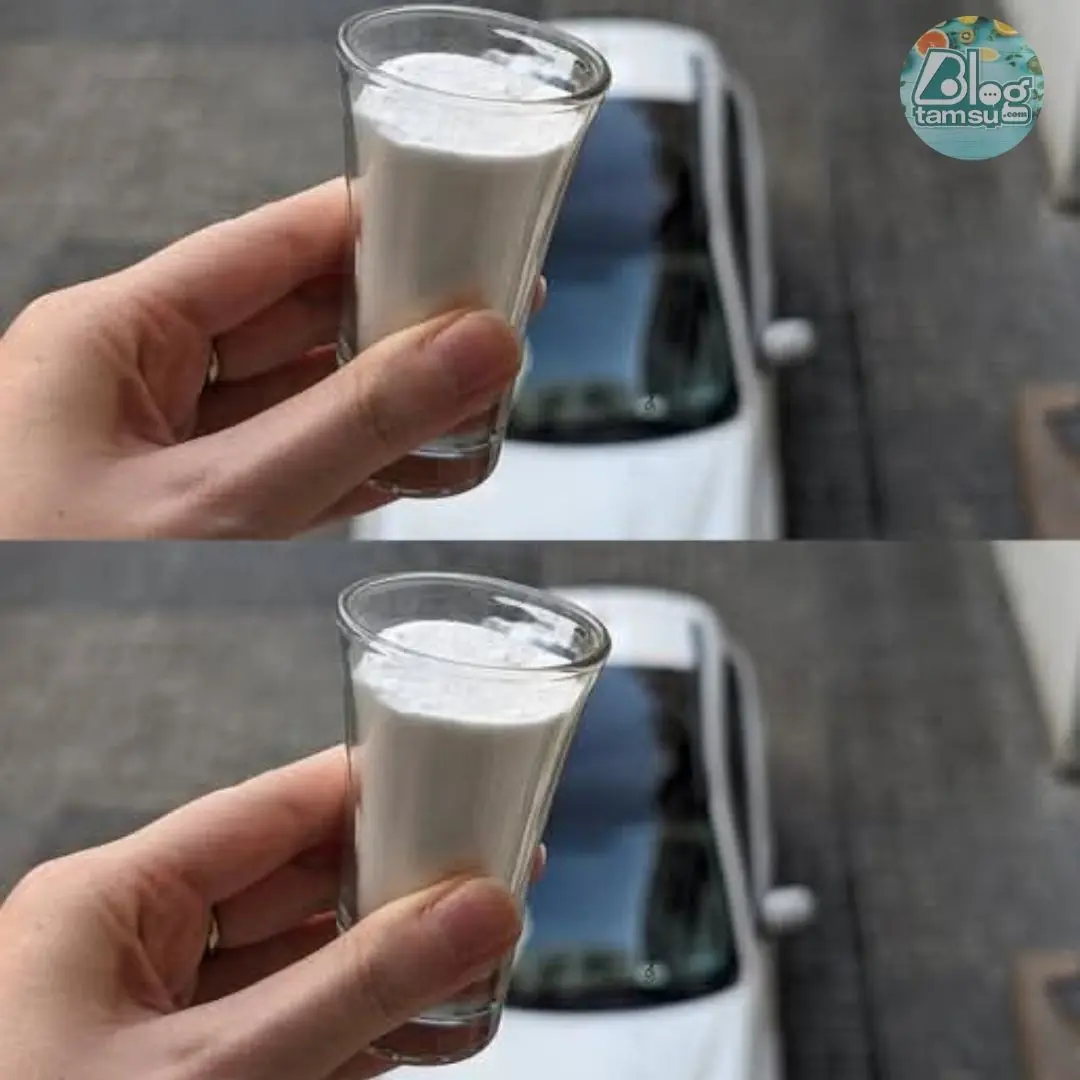
Put 1 Glass of Salt in a Car: Surprising Hack Every Driver Needs to Know
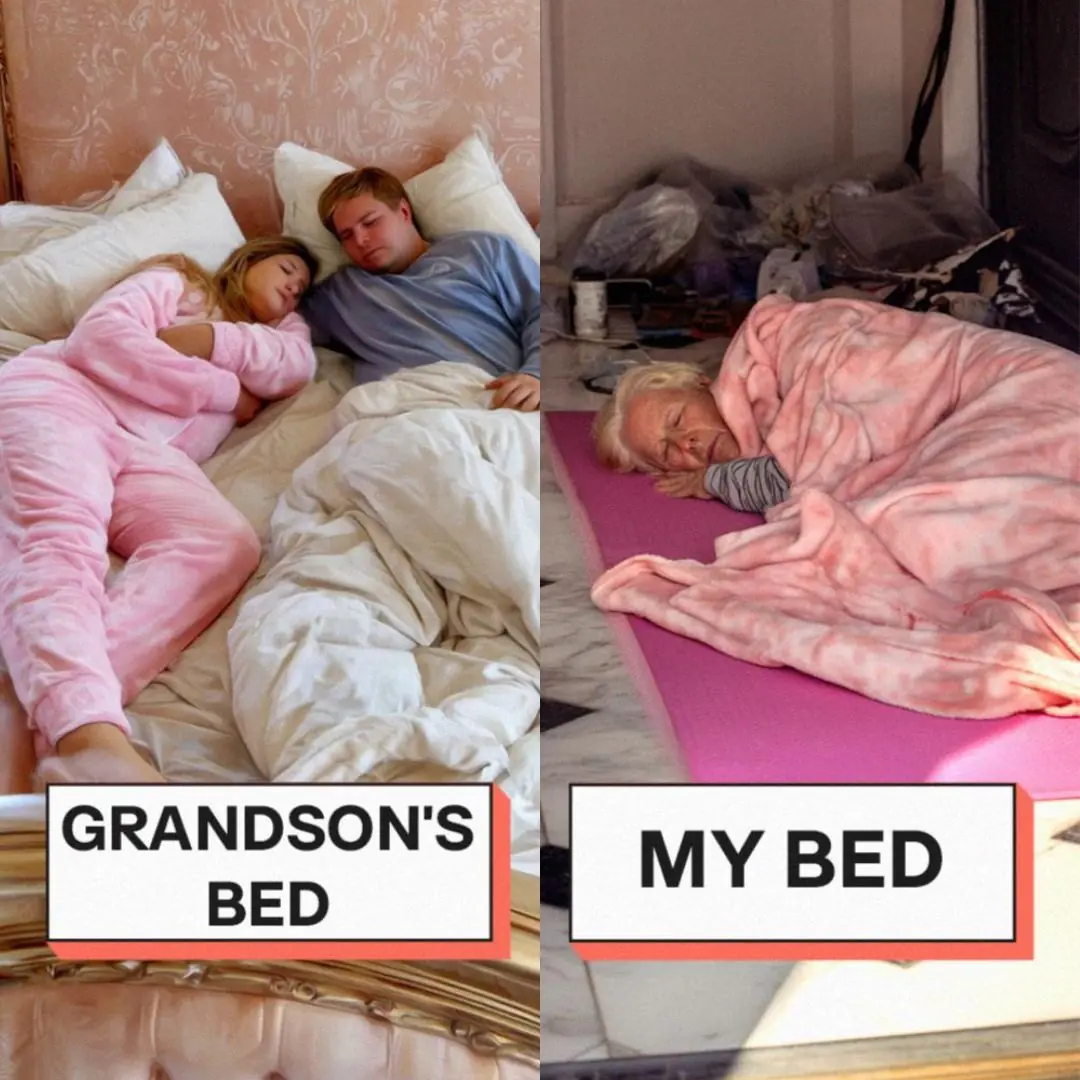
My Grandson Made Me Sleep on the Yoga Mat Not to Pay for a Hotel, Less than 24 Hours Later Karma Hit Him Back

My Husband Wanted to Sell the House My Daughter Inherited to Pay for His Son's Wedding – But I Had One Condition

4 Types of Itching That May Signal Can.cer Cells Are “Eating Away” at the Body

6 Indoor Spots Where You Should Never Install Security Cameras

THE DOG THEY WANTED US TO PUT DOWN IS THE ONLY REASON MY DAUGHTER SLEEPS THROUGH THE NIGHT

Boy shares a heartfelt hug with his dog before surgery — the outcome surprises everyone

25-Year-Old Groom Dies from Acute Liver Failure After Eating Chicken

4 types of people who should avoid eating cabbage
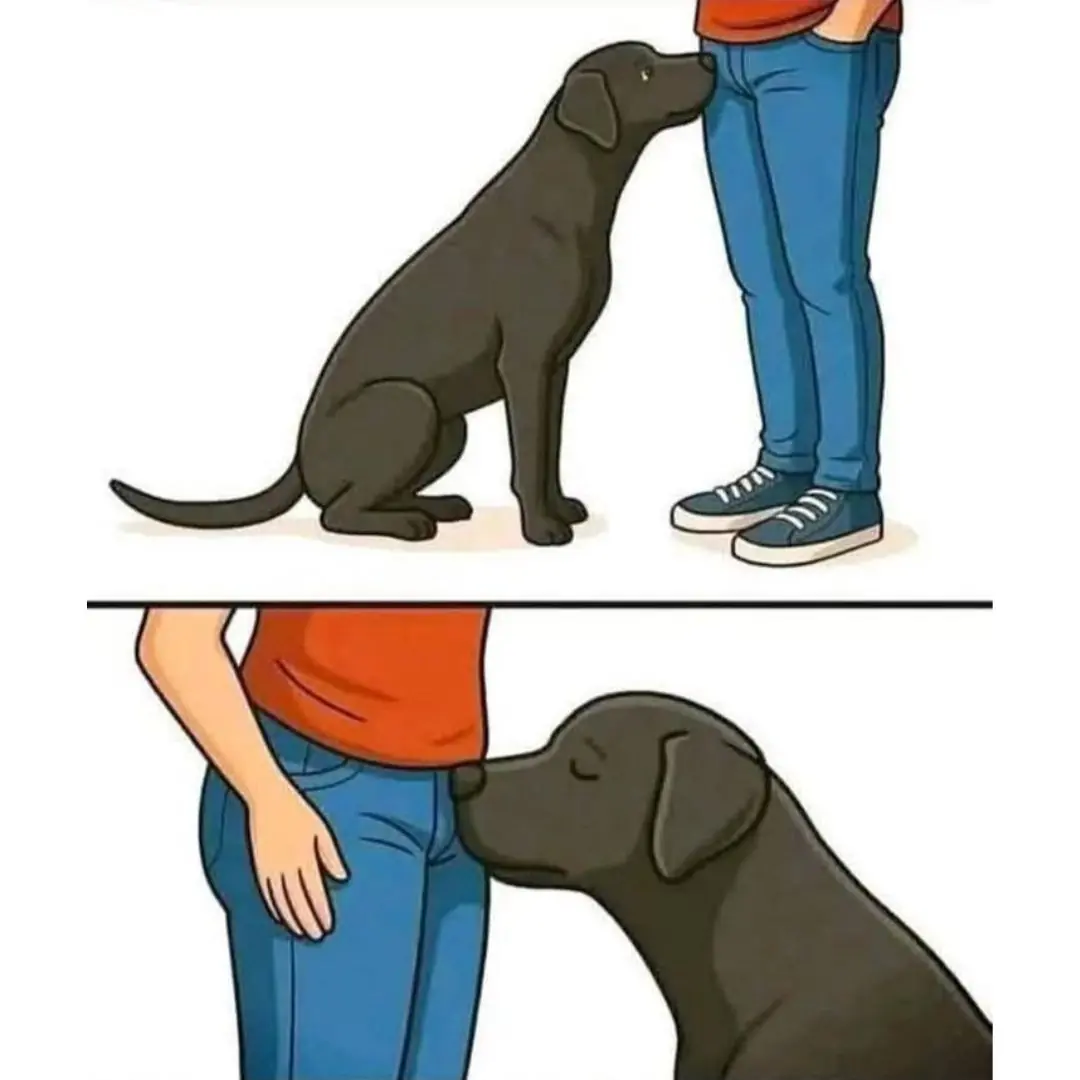
Why Do Dogs Sniff Your Crotch? Experts Explain This Awkward Canine Behavior
